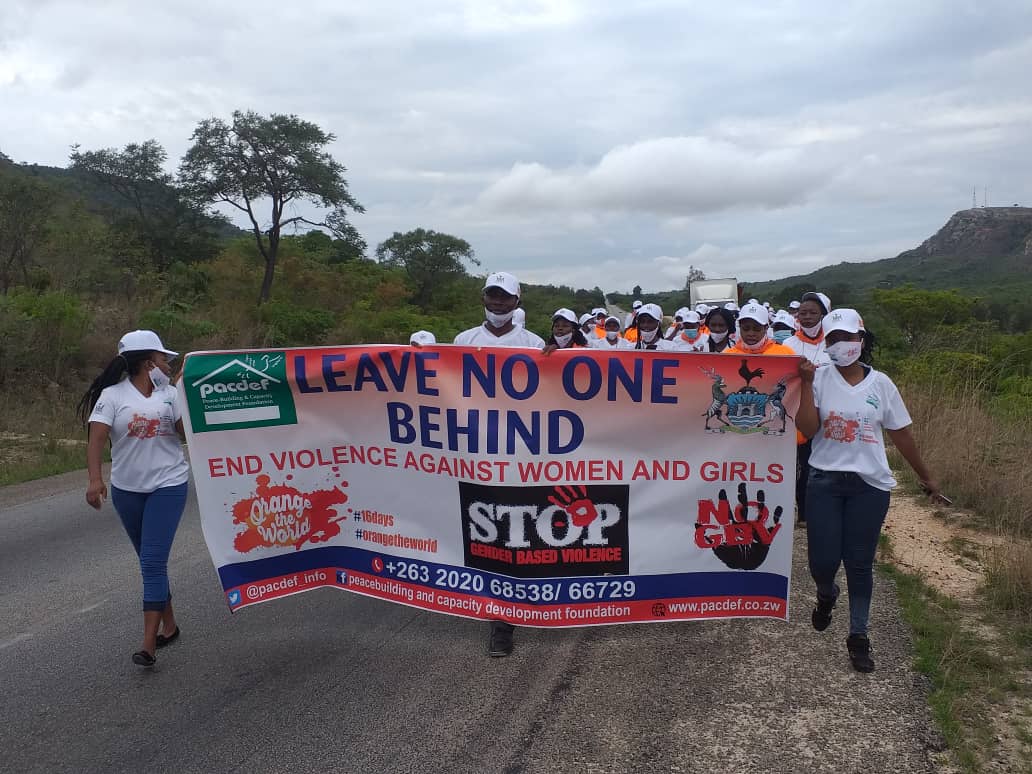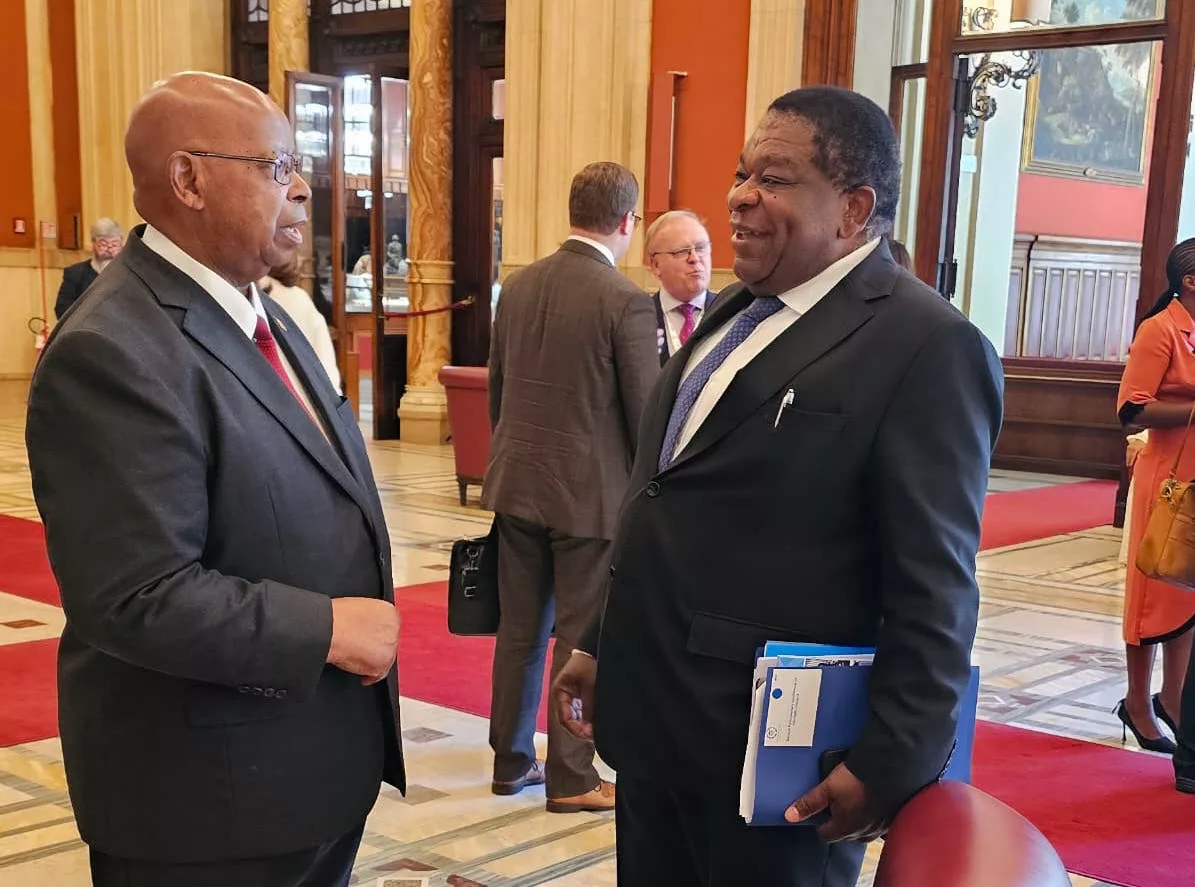By Bernard Chiketo
MUTARE – A leading peace-building organisation has said non-physical forms of violence remain on the blind side of current efforts to end gender-based violence (GBV) in Zimbabwe.
Speaking after a 16-kilometre walk organised by Mutare City Council in partnership with Peace-building and Capacity Development Foundation (Pacdef) to symbolise 16-days of activism, Pacdef monitoring and evaluation officer Lloyd Chisese said many people are not seeking redress for non-violent forms of abuse.
He said this was because they either are unaware that this is a form of violence or they don’t know who to approach for assistance.
“Physical violence remains the topical form of GBV because its effects are visible and the redress pathway is clear which is not the case with non-violent forms of abuse that most people have to endure.
“We hope to also put the spotlight on things like financial and psychological abuse as most people focus on sexual and physical abuse,” Chisese said.
He said even where the violence constitutes a criminal offence there are still many cases that go unreported with a lot of ground still to be covered.
“There is a lot of ground still to be covered even where the violence done constitutes a criminal offence and the reference pathway involves ging to the police and courts,” he said.
Zimbabwe Demographic Health Survey of 2010-11 estimated that GBV was so prevalent in the country that almost half of them have encountered some form of violence, he said.
“The Zimbabwe Demographic Health Survey showed that the prevalence of gender-based violence stood at 47 percent among women. Studies have also shown that only 13 percent of women who suffer violence seek help from the police and a combined five percent of those sought help from a doctor or medical institution, social services or a lawyer,” Chisese said.
He said his organisation was working with the council and other civic society organisations to raise awareness on all forms of GBV as well as the available support systems for both victims and perpetrators.
“There are many organisations that offer a diverse variety of services to both perpetrators and victims that we would like the public to be aware of in undertaking this 16-kilometre walk and our support for this initiative,” Chisese said.
Speaking at the same even National Association of Non-Governmental Organisations Manicaland coordinator Joseph Kauzani also said there was a need to alert communities that among the organisations under their umbrella were those who offered psychosocial support as well as legal aid among others.
Kauzani said civic society organisations were willing to support government and unite among themselves in responding to GBV issues across the country.
“We should approach GBV issues the same way that the country is treating national clean-up campaigns. We should do such events frequently to ensure that the issues remain on the top of people’s minds because GBV happens any time of the year,” Kauzani said.






